August 10, 2020
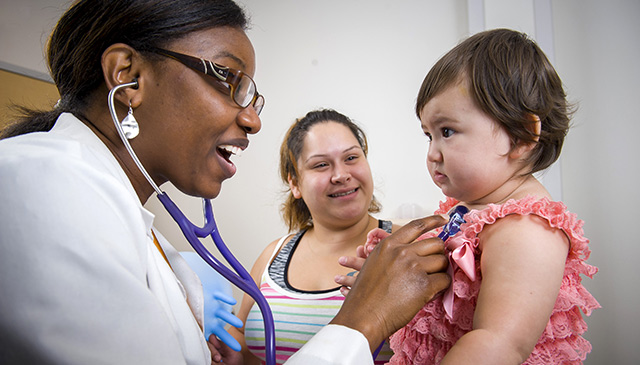
One in four youth in the U.S. have a diagnosable mental health disorder that often is a direct response to what is happening in their lives. The COVID-19 pandemic, along with many other societal factors, have affected all of us, but for children who already suffer from anxiety or depression, the emotional impact can be severely magnified.
Many pediatricians are seeing more children and adolescents with mental health problems, and they are playing an increasingly significant role in the diagnosis and treatment of mental illness in young people. While numerous surveys of pediatricians indicate they feel they lack the necessary training and skill to manage their patients’ mild to moderate mental health care disorders, a new program at Texas Children’s is providing the support they need.
On May 18, Texas launched the Child Psychiatry Access Network (CPAN), a new statewide pediatric mental health initiative that Texas Children’s and Baylor College of Medicine are partnering on for our region. This state-funded program provides pediatricians, family physicians and other health care providers direct and immediate access to a pediatric mental health specialist to help them manage their patients’ mental health care needs more effectively.
“We want our pediatricians to feel more comfortable managing the mental health care needs of their patients,” said Jennifer Evans, assistant director of the Meyer Center for Developmental Pediatrics and the Psychiatry Service at Texas Children’s and associate program director for the Central Operational Support Hub (COSH) for the Texas Child Mental Health Care Consortium that oversees the state implementation of CPAN. “Pediatricians at our TCPs and The Centers for Children and Women can collaborate directly with our CPAN team about their patient’s plan of care instead of having to refer their patient to our child psychiatry clinic where they would be placed on a lengthy waitlist.”
When a pediatrician calls the CPAN hotline (1-888-901-CPAN Monday – Friday from 8-5 excluding holidays) to reach the Baylor hub, a Texas Children’s behavioral specialist, licensed counselor or licensed clinical social worker will answer the phone. Depending on the patient’s needs, they will connect the pediatrician to a Texas Children’s psychiatrist who can provide real time consultation on various mental health issues. For instance, if there is a question about a patient’s medication, they can advise whether to adjust the medication dosage. The CPAN team can also help pediatricians develop a behavioral or safety plan for patients with depression or suicidal tendencies, and other mental health disorders. Pediatricians can also call the CPAN hotline to access educational resource materials on mental health.
“Through CPAN, our pediatricians are given the knowledge, skill, training, and support they need to address and treat mild to moderate mental illness,” said Dr. Laurel Williams, medical director for COSH and Division Head of the Child and Adolescent Psychiatry Division at the Menninger Department of Psychiatry. “If we can collaborate more directly with our PCPs, our psychiatry team will have greater access for youth and families that need more regular, intensive specialty care.”
Baylor College of Medicine is one of 11 centers participating in the CPAN initiative. Each Department of Psychiatry across the state of Texas has a region that they are responsible for supporting. Baylor and Texas Children’s are providing support to the seven counties in the Greater Houston area. However, there are times when our CPAN team has provided mental health consultation and training to pediatricians in other parts of the state including El Paso.
Extending our reach in the community
Along with the CPAN initiative, Texas Children’s psychiatrists also provide mental health care support to patients and children in the community in other ways. Through a 4-year grant from the Substance Abuse and Mental Health Services (SAMHSA), our teams at Texas Children’s and Health and Human Services are able to provide more comprehensive evidence informed treatments for youth with serious mental health disorders (SMD) like bipolar and psychosis. The grant provides assistance in building infrastructure that can be maintained beyond the life of the grant through cultivating collaborations and coalitions across important teams that assist children with SMD.
“We transfer 6 to 7 kids per week to inpatient units and these are mainly bipolar patients who are having a really hard time,” Evans said. “SAMHSA has changed the dynamic of care for these patients. Instead of sending them to the hospital, we can have intensive services in the home. It’s like an intensive outpatient service in your home.”
As part of the Texas Child Health Access Through Telemedicine (TCHATT) program, our psychiatric team is also collaborating with various independent school districts – Houston, Spring, Conroe, Pasadena, Center for Success Charter School and Sheldon – to provide in-school behavioral telemedicine care to at-risk children and adolescents that include free comprehensive assessments and up to four clinical sessions either with a physician or a therapist.
“Through our CPAN, TCHATT and SAMHSA partnerships, our psychiatry section will be able to grow by three physicians and over 10 licensed therapists allowing our team to provide these new services without taking away from our current services,” Williams said. “In collaboration with Dr. Kirti Saxena, our interim chief of psychiatry at Texas Children’s, we have six physicians, along with our child psychiatry fellows, social work interns and trainees who will spend a portion of their time working on these programs to ensure every child gets the care they need.”
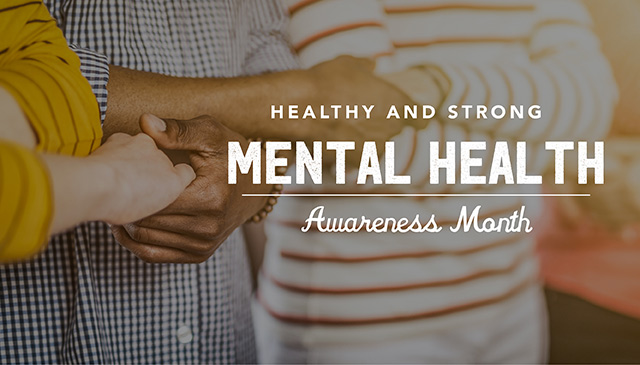


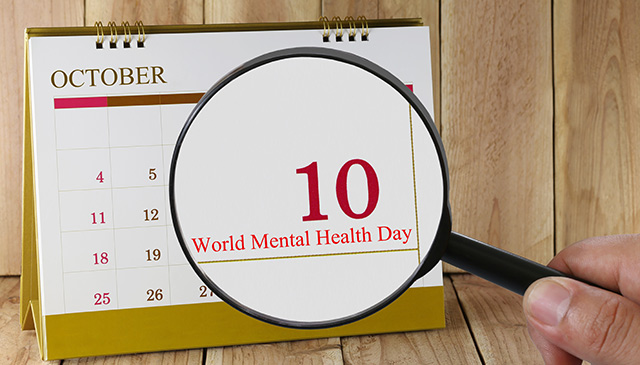

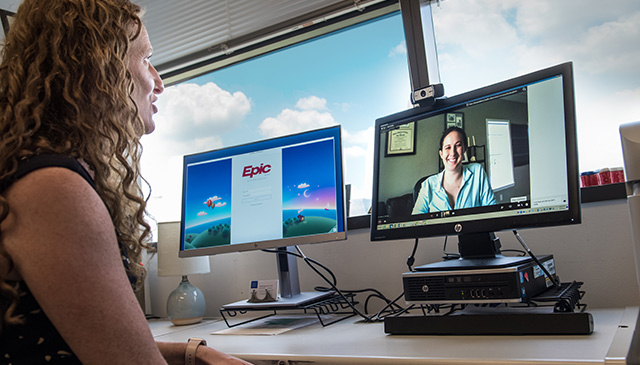
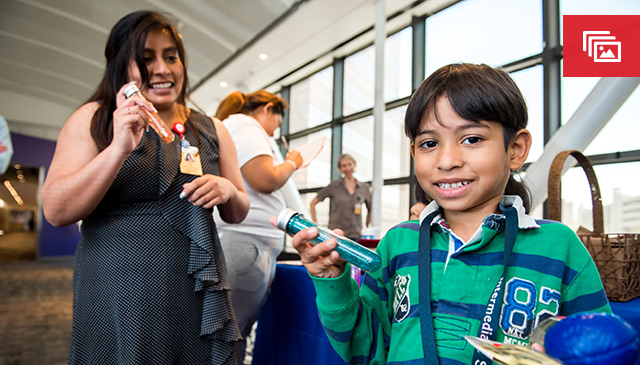





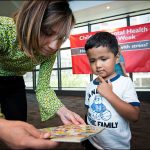







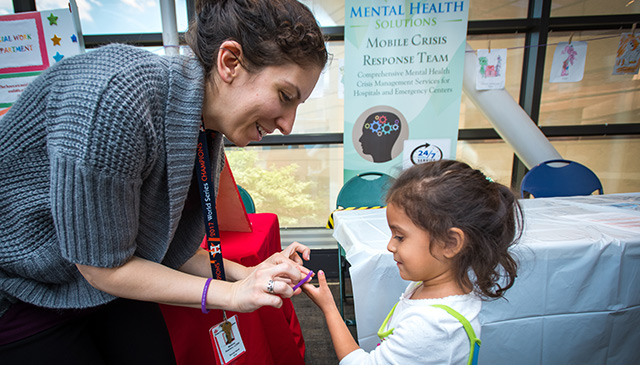 September is National Suicide Prevention Month and along with continuing to inform people about warning signs, Texas Children’s has recently elevated our prevention tactics with the use of the Columbia Suicide Screening Rating Scale (C-SSRS).
September is National Suicide Prevention Month and along with continuing to inform people about warning signs, Texas Children’s has recently elevated our prevention tactics with the use of the Columbia Suicide Screening Rating Scale (C-SSRS).